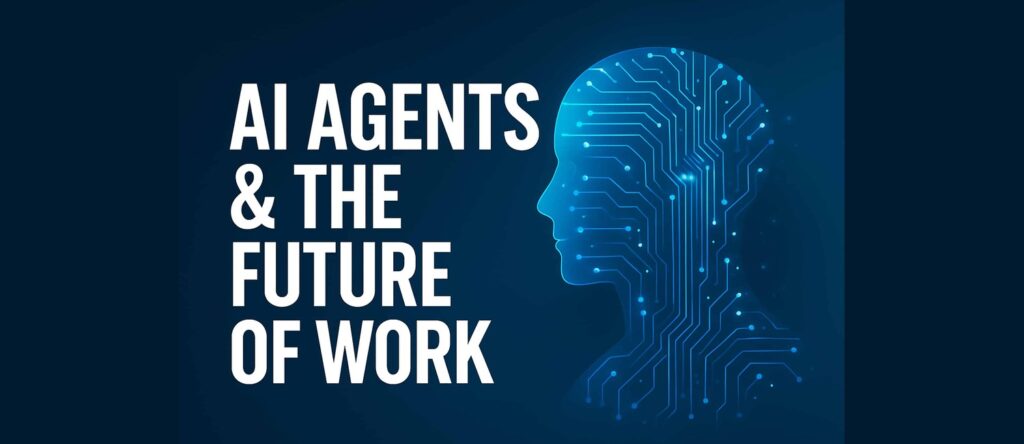AI agents are rapidly advancing, moving from simple assistants to systems capable of collaboration and independent action. The future of AI agents points toward a world where agents are not just tools but active participants in how work, communication, and problem-solving are done.
Autonomous Teams
One emerging trend is groups of AI agents working together as autonomous teams. Instead of one system handling everything, multiple agents specialize in different roles research, planning, execution and coordinate to achieve a shared goal. This structure mirrors how human teams operate, opening new possibilities for scalable, complex problem-solving.
Embodied Agents
Another frontier is embodied agents AI integrated into physical systems like robots, drones, or IoT devices. These agents can interact directly with the physical world, from delivering packages to assisting in healthcare. Combining reasoning with physical presence makes them powerful, but also raises concerns about safety and ethical deployment.
Personal Copilots
AI agents are also evolving into personal copilots individualized systems that support people in daily tasks. From managing schedules to analyzing work documents or even offering creative input, these copilots promise highly personalized assistance. They represent a shift from general-purpose tools to deeply tailored companions.
Looking Ahead
The future of AI agents points toward deeper integration into every aspect of life. With this progress come opportunities for efficiency and innovation, alongside challenges in safety, governance, and trust. The future is not just about what AI agents can do, but how responsibly they are built and deployed.
